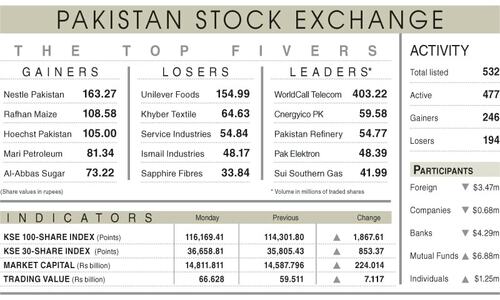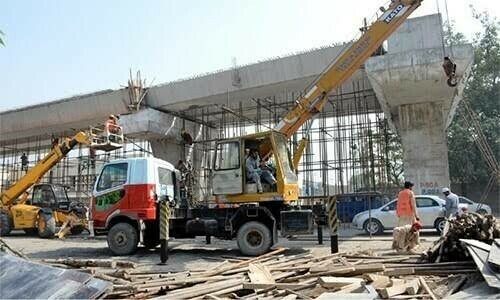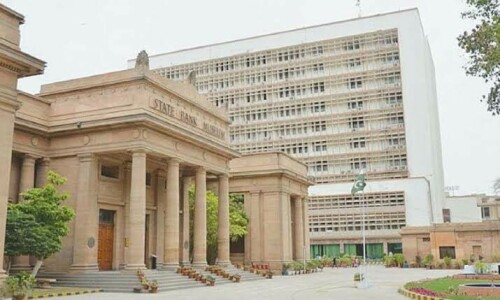
I have grown up in a Karachi that had clean air, tree-lined roads and each of the four seasons. I vacationed in the pristine snow and rain-washed roads of Murree. I have breathed in lungsful of Lahore’s fresh air and smelled the scent of the earth rising from its soil after a spell of cold rain.
I have marvelled at the majesty of the mountains in the North, towering over man and machine in their snowcapped splendour. I have played cricket in streets unhindered by cars and picnicked in parks and fields of green. In short, I have grown up in a time of home economics that prioritised reuse and recycling as opposed to the single-use culture of the 21st century.
Increasingly, I believe the youth of today is growing up in a mere shadow of that bliss, and the ones to follow may grow up in a world with even barely a glimpse of it.
Pakistan has been ranked as the 5th most vulnerable to climate change as a country. This information feels like another piece of trivia but when viewed from the perspective of new records of high temperatures, frequent news bytes of flash flooding, debilitating smog, water scarcity, overburdened waste management systems and the melting glaciers in the North, the fact seems to blur eerily close to home into our everyday reality.
The conversation on climate has evolved from civic sense fueled tree plantations, corporate social responsibility drives and token environment day celebrations to critical board room risk assessments that indicate how climate change could challenge business continuity
Moreover, Pakistan is expected to face a rise in temperatures of as much as 2.5⁰C that could increase glacial melting, causing a ripple effect across the breadth of the nation. The impact of climate change on the world will indiscriminately affect Pakistan.
While there is a degree of support that relies on global allies to extend backing to Pakistan, the targets outlined by the government of Pakistan at the recent Conference of the Parties (COP) also warrant extensive partnership and resource mobilisation within the country. This is an effort that we must embrace with the national spirit and survival instinct, as our approach stands to have a multigeneration outcome.
In my two-decade-long career, I have seen the conversation on climate evolve from civic sense fueled tree plantations, corporate social responsibility drives and token environment day celebrations to critical board room risk assessments that indicate how climate change could challenge business continuity in the immediate and foreseeable future. Let’s face it — businesses, like all else, very much depend on the continued existence of the planet for ‘business as usual’.
I am encouraged to see the progressive strategic direction amongst both global and local companies toward climate-conscious operations. Net-zero is now no longer a green buzzword, it is translating into solid targets and proactive thinking that is enabling the transition toward renewable energy, sustainable materials and climate positive decision making.
Pakistan’s Nationally Determined Contributions (NDCs) were announced at COP26 and aim to halve projected emissions, move away from fossil fuel and towards clean energy, supported by a shift towards electric vehicles and audacious regeneration plans, such as the 10 Billion Trees Tsunami project that has garnered international appreciation. Businesses can effectively leverage their scale, resources and knowledge to support these goals through climate financing, investment in green projects and achieving carbon neutrality.
The realisation of this wish list depends on all stakeholders to act. The Pakistan Climate Conference 2022, which was recently organised by the Overseas Investors Chamber of Commerce and Industry (OICCI), aimed to drive this motivation by creating an engagement opportunity amongst key multisectoral stakeholders to come together for joint dialogue and delivery on climate action by all parties to play their role in the protection of Pakistan and the planet.
The climate clock is moving fast and our window for action continues to close. It is up to this generation to secure the beauty of this world as we have experienced it, and the integrity of our planet as we have known to be passed on to the ones to come.
The writer is the Chairman & CEO of Unilever Pakistan and Vice President of Overseas Investors Chamber of Commerce & Industry
Published in Dawn, The Business and Finance Weekly, April 4th, 2022











































Dear visitor, the comments section is undergoing an overhaul and will return soon.